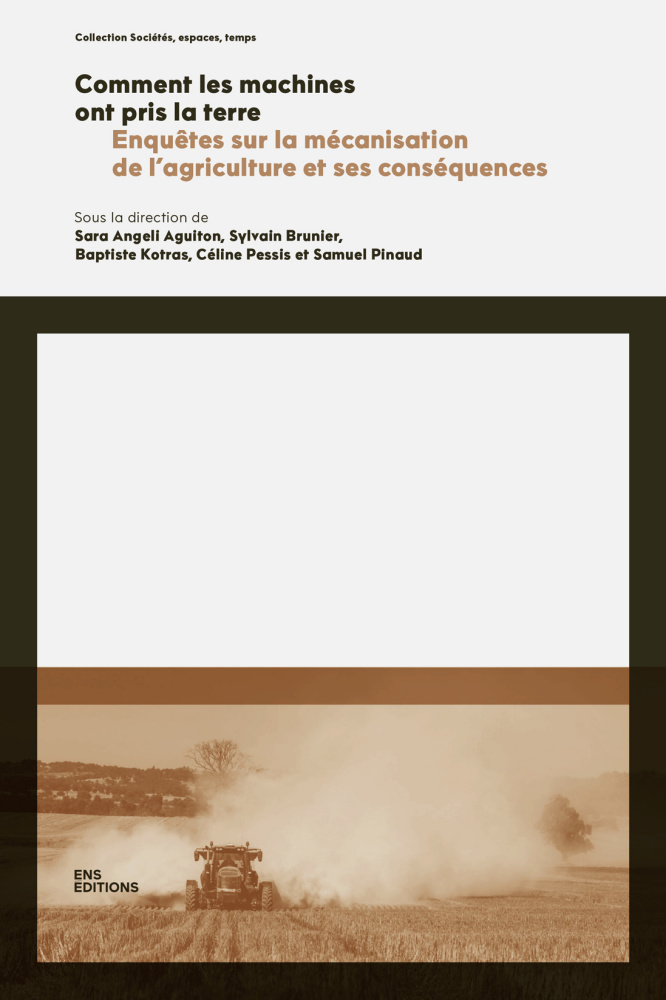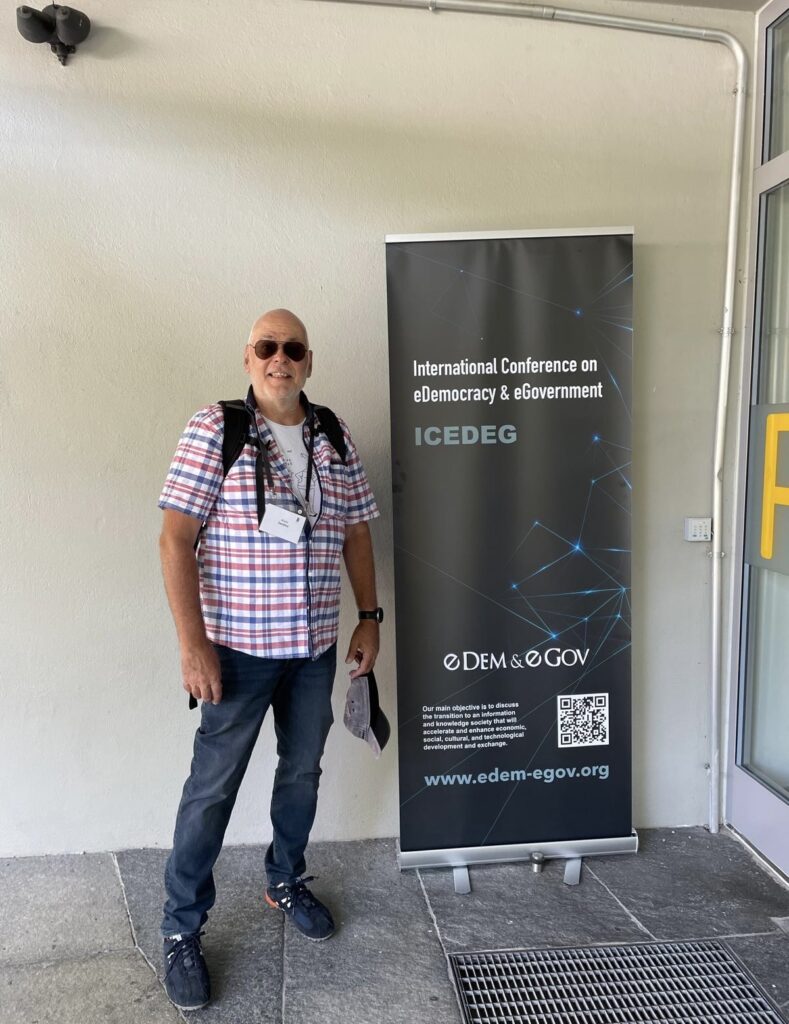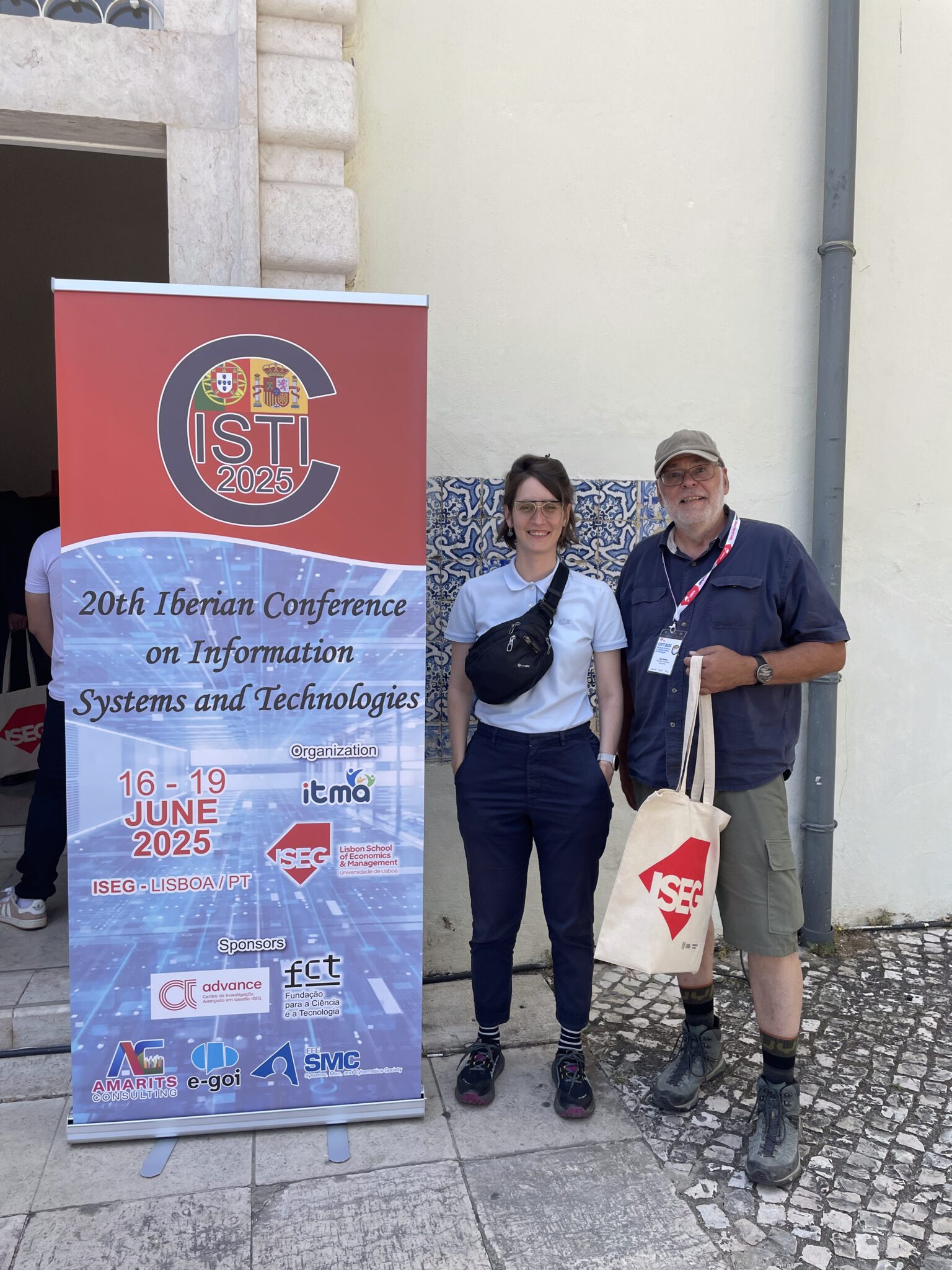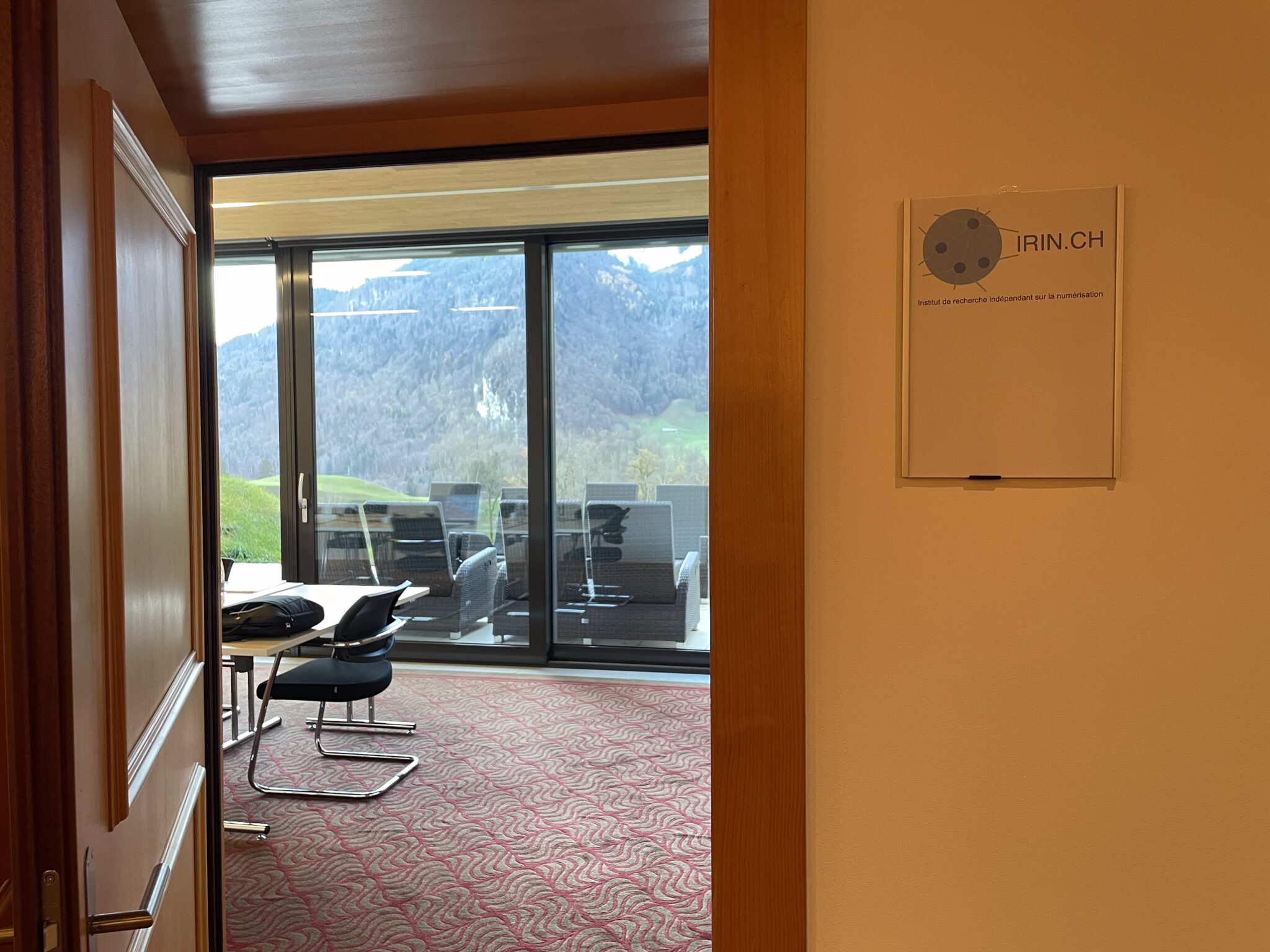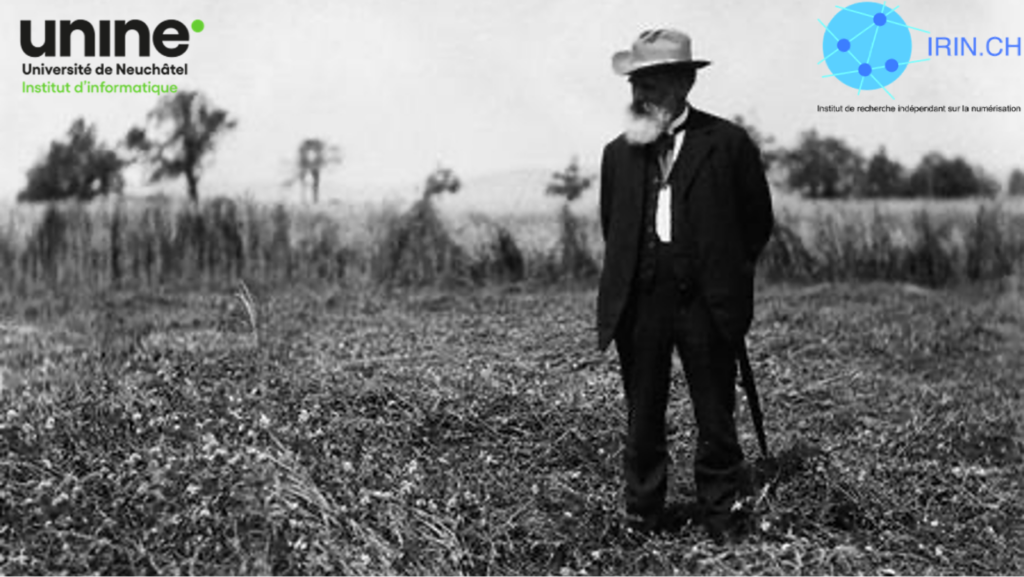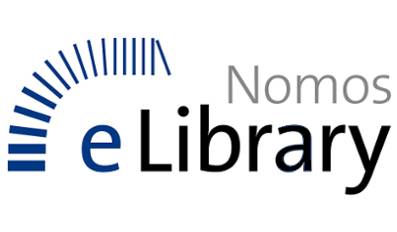Conference Proceedings
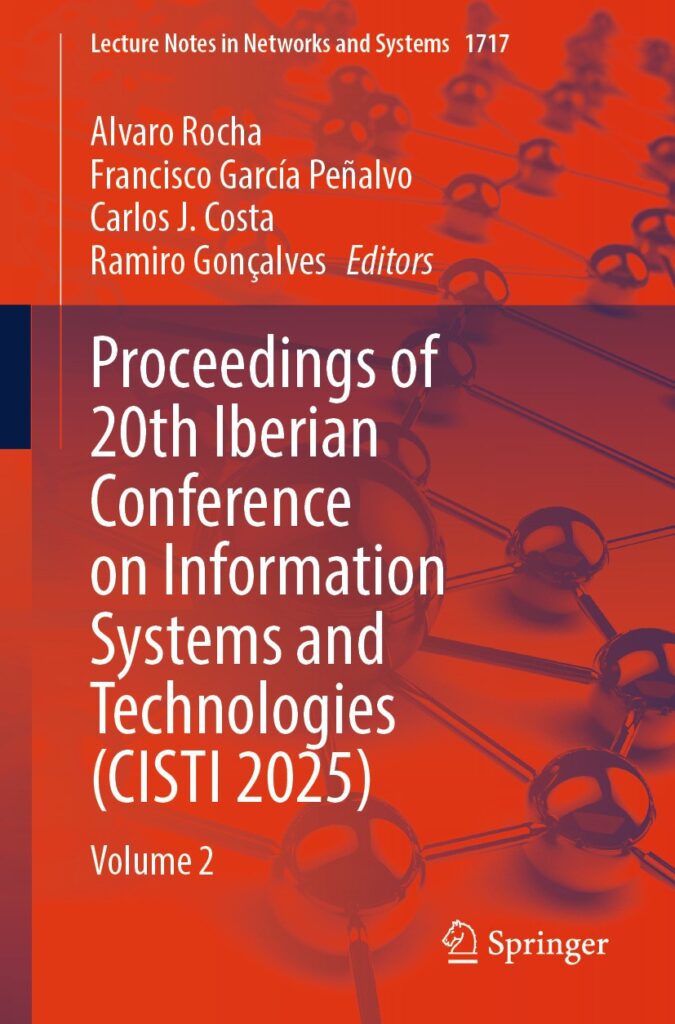
Digital Boundary Infrastructures of Analogue Boundary Objects Require more than Data Standards
When boundary objects—whether analogue (such as forms, records, or protocols), or material (such as samples, farms, or patients)—are digitized, coordination problems are often framed as technical issues of data interoperability. Data standards are then presented as the obvious way to ensure shared meaning across organisations and systems.
The paper argues that framing coordination problem ex post as deficiencies in interoperability is misleading. Based on empirical cases from agriculture and health, it shows that coordination does not primarily depend on shared data standards, but on how digital systems organise relations between heterogeneous actors, representations, and responsibilities.
We introduce the concept of digital boundary infrastructure to describe the socio-technical arrangements that allow different actors to work with the “same” object while relying on distinct, and sometimes incompatible, representations. Rather than enforcing a single definition of an object, these infrastructures make coordination possible by structuring how differences are handled.
The paper suggests that what is at stake is not interoperability as such, but the governance of coordination: who can act ? who can define what counts as relevant ? and how is accountability distributed once boundary objects are embedded in digital infrastructures?
Available at:
10.1007/978-3-032-10721-3_31
Conference Proceedings Lire la suite »
